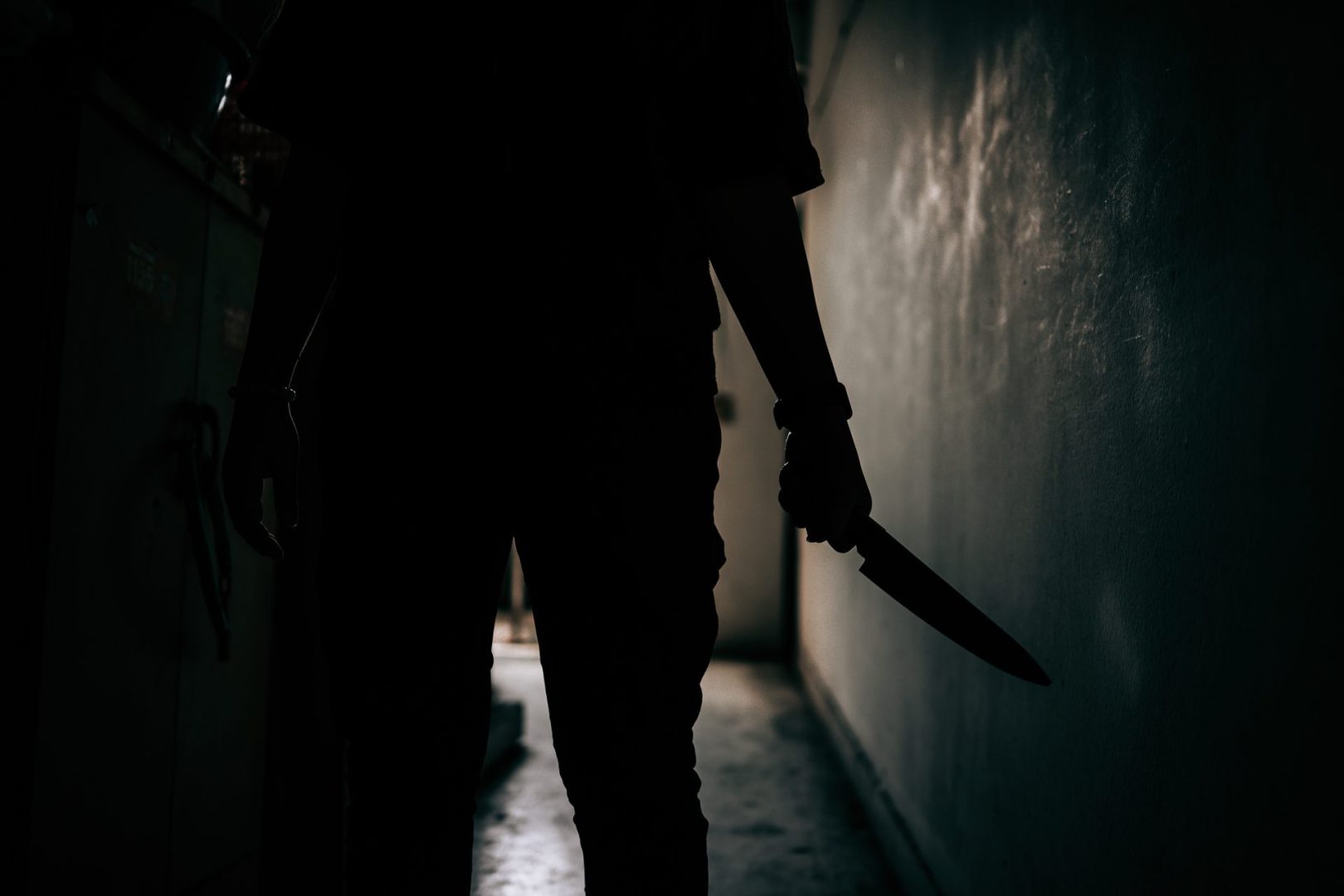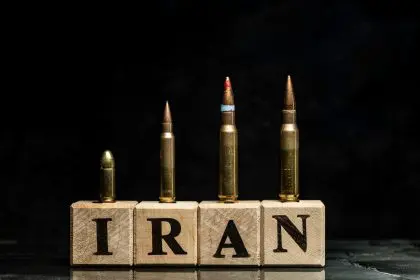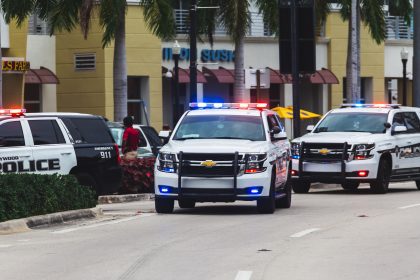A horrific surge of violence has erupted across Western Libya, specifically targeting Black individuals regardless of their status as migrants, refugees, or even citizens. Between March 12 and 16, 2025, a series of coordinated raids, arbitrary arrests, and brutal attacks swept through multiple cities, creating a pattern of racial persecution that human rights monitors describe as systematic and deliberate.
The violence has been particularly intense in Sabratha, where militia groups alongside local residents conducted home raids resulting in hundreds of arrests and at least one confirmed death of a Sudanese refugee. These aren’t isolated incidents—similar attacks have been documented in Janzour, Al-Serraj, and Ben-Gashir, where Black migrants have been forcibly evicted from their homes while landlords face threats for housing them.
In Tripoli’s districts of Tajoura and Ghut Shaal, security forces have conducted mass arrests while militias carry out violent assaults on Black individuals with apparent impunity. Many of these security forces have received training and equipment funded by European Union programs, raising troubling questions about international complicity in these human rights violations.
Perhaps most disturbing are the individual tragedies that reveal the deeply personal impact of this violence. On March 14, a pregnant woman from Niger was struck and killed by a vehicle in Tarik Al-Madar in what witnesses describe as a racially motivated attack. Activists on the ground report numerous cases of sexual violence against women, while those documenting these abuses believe the true scale of atrocities likely exceeds what has been recorded.
From labor exploitation to genocidal violence
Libya has long served as a perilous transit point for migrants hoping to reach European shores, but the current situation represents a dangerous escalation. Where migrants previously faced exploitation through forced labor, extortion by militias, and abuse by human traffickers, they now confront an environment of explicitly racial violence that some observers characterize as approaching genocidal levels.
The shift toward targeted racial attacks coincides with inflammatory rhetoric from government officials. Libya’s Government of National Unity (GNU) stands accused of inciting violence through dehumanizing public statements about Black migrants. Prime Minister Abdul Hamid Dbeibeh and Interior Minister Emad Al-Trabelsi have faced particular criticism for remarks that activists say have encouraged attacks against Black individuals.
This rhetoric has created an atmosphere where racial violence appears sanctioned by authorities, emboldening both militias and ordinary citizens to participate in attacks. Black Libyans and Tunisians have also found themselves targeted, demonstrating that the violence transcends immigration status and focuses specifically on racial identity.
Salahadine Juma, a prominent figure with the Alliance for Refugees in Libya, has meticulously documented numerous cases of violence and notes that many victims remain too frightened to report their experiences, suggesting the documented incidents represent only a fraction of the actual abuses occurring.
The European Union’s troubling partnership
For years, the European Union has maintained a controversial relationship with Libyan authorities centered on preventing migration to Europe. This partnership includes substantial financial support, equipment transfers, and training programs for local military personnel and coast guards who have repeatedly been implicated in human rights abuses.
The EU has provided training to militias like the Department to Combat Illegal Migration (DCIM), which human rights organizations have linked directly to some of the current violence. This support continues despite mounting evidence that these forces use brutal tactics against migrants, raising serious ethical concerns about Europe’s role in Libya’s humanitarian crisis.
Critics characterize the EU’s involvement as a predatory practice that prioritizes anti-immigration policies over human rights protections. Many activists have called for EU officials to be held accountable for what they describe as complicity in crimes against humanity, with some advocating for an investigation by the International Criminal Court.
The practical result of these policies has been the trapping of vulnerable migrants in increasingly dangerous conditions within Libya, with minimal pathways to safety or legal migration. Those attempting to cross the Mediterranean face interception by EU-supported Libyan coast guards, who return them to detention centers where abuse is rampant.
International organizations struggle to respond effectively
The response from major international organizations has been criticized as both slow and inadequate given the severity of the crisis. The UN Refugee Agency (UNHCR) faces particular scrutiny for what activists describe as insufficient action to protect those at risk or to facilitate evacuations from dangerous areas.
While Libyan authorities publicly claim adherence to international conventions on racial discrimination, the reality experienced by Black migrants tells a starkly different story. The disconnect between official statements and on-the-ground conditions highlights the challenges of enforcing international human rights standards in Libya’s fractured governance environment.
David Yambio, another advocate documenting the crisis, emphasizes that international intervention is urgently needed to protect those at risk. Without immediate action, vulnerable populations face continued violence with little recourse or protection. Many trapped in the most dangerous areas have nowhere to flee, as neighboring countries maintain strict border controls and European nations offer almost no legal pathways for migration or asylum.
The lack of effective international response has left many migrants feeling abandoned by the very institutions mandated to protect them. Some report attempting to contact UNHCR or other agencies during attacks, only to receive minimal assistance or advice to relocate to areas that are equally unsafe.
Activists call for immediate intervention
In response to the escalating crisis, a coalition of activists and human rights organizations has outlined specific steps needed from various actors. They urge Libyan authorities to immediately cease hate speech and attacks against Black individuals while holding perpetrators accountable through transparent judicial processes.
For EU member states, the demands include opening humanitarian corridors for those in danger, cutting funding to Libyan forces implicated in abuses, and publicly condemning the racially motivated violence. Activists stress that European nations must acknowledge their role in creating conditions that have contributed to the current crisis.
The coalition also calls for the International Criminal Court to investigate alleged crimes against humanity in Libya, including examining the potential responsibility of EU officials whose policies have supported abusive practices. They emphasize that accountability must extend beyond Libyan borders to include all actors enabling the violence.
For the UNHCR and other international organizations, activists demand expanded resettlement programs and stronger advocacy for migrant safety. Many argue that emergency evacuations should be arranged for those at highest risk, with temporary protected status granted in safe countries until long-term solutions can be implemented.
The resilience amid ongoing persecution
Despite facing relentless attacks, Black migrants and refugees in Libya continue to document abuses and advocate for their rights. “We may lack weapons, but we have our voices,” asserts Juma. “We will not stop speaking out against this genocidal violence.”
This resistance takes tremendous courage, as those who speak out often face increased targeting. Many use social media and encrypted messaging to share evidence of attacks, creating a record of abuses that they hope will eventually lead to justice and accountability.
Community networks have formed to provide warnings about raids and safe places to shelter, while some local Libyans quietly offer protection to those at risk. These acts of solidarity provide crucial support in the absence of effective international protection.
Time remains critical, however, as the violence shows no signs of abating. Without immediate international intervention, Libya’s Black population—citizens and migrants alike—faces an increasingly perilous future. The world may be watching, but for those enduring daily threats of violence, observation without action offers little comfort.
The situation represents not only a failure of Libyan governance but a troubling abdication of responsibility by European nations and international organizations that have the capacity to intervene but have thus far chosen policies that exacerbate rather than alleviate the suffering of vulnerable populations.











